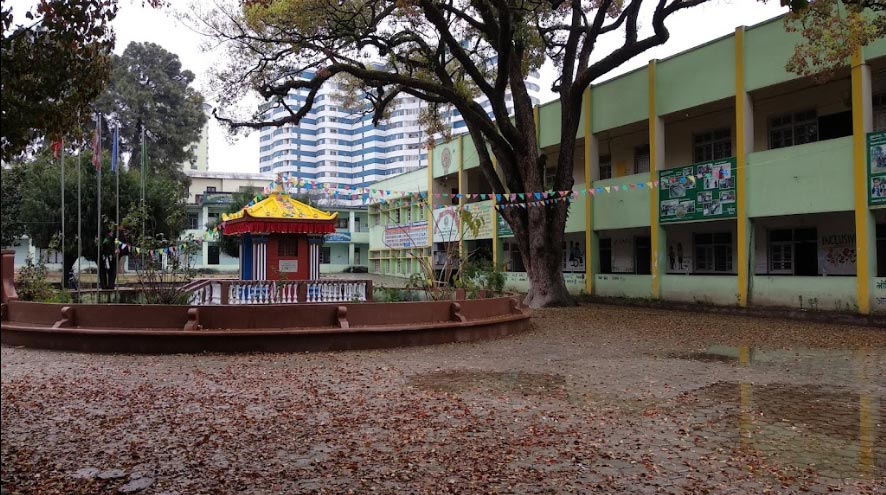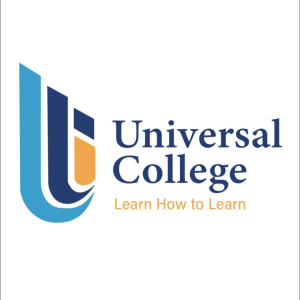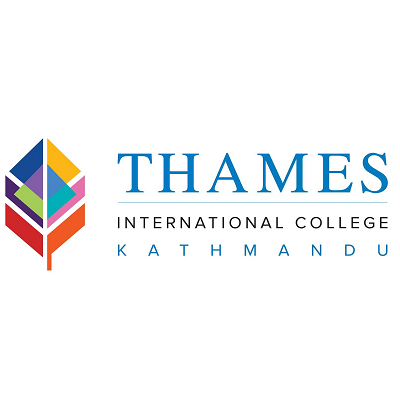Overview
Bachelor of Business Management (BBM) at Dillibazar Kanya Multiple Campus
BBM at Dillibazar Kanya Multiple Campus provides a semester-based management route under Tribhuvan University for students who want structured learning across finance, marketing, operations, HR, and basic analytics. You study in a central Kathmandu location, follow TU’s Faculty of Management semester plan, and sit for internal and end-semester evaluations.
Admission includes the CMAT conducted by TU. This note gives you program facts, subjects, and outcomes so you can plan preparation and timelines properly.

Highlights
-
Affiliation: Tribhuvan University (Faculty of Management)
-
Level: Bachelor’s (Undergraduate)
-
Duration: 4 years (8 semesters)
-
Credit load: As prescribed by TU for BBM
-
Seat capacity: 44
-
Intake window: July–August (as per TU/campus notice)
-
Admission test: CMAT (TU FoM), followed by campus merit process
-
Assessment pattern: Internal evaluation plus end-semester exams
Curriculum details
The BBM framework follows TU’s semester plan with foundation, core, and elective sets. DKMC schedules classes and internal assessments to match semester pacing.
-
Foundation courses: Business Communication, Business Mathematics, Sociology/Psychology for Managers, IT Applications in Business
-
Management core: Principles of Management, Organizational Behavior, Managerial Economics, Financial Accounting, Cost/Management Accounting, Business Finance, Marketing Management, HRM, Operations Management, Business Research Methods
-
Decision support: Quantitative Methods, MIS basics, project planning, and data handling in spreadsheets
-
Legal and policy context: Business Law, Taxation basics, and policy reading skills
-
Capstone/experiential: Research project or internship/report as per TU outline and campus schedule
Students handle small projects, case write-ups, and class presentations to build confidence for viva and report defense. Coordinators usually release assessment timelines early in the semester.
Objectives
-
Semester discipline: Help students learn steady weekly targets rather than last-month cramming.
-
Applied basics: Build practical judgment across finance, marketing, HR, and operations through short projects.
-
Communication and teamwork: Encourage clear writing, slide preparation, and peer discussions.
-
Career readiness: Prepare a portfolio of assignments and a final report that reflects real tasks.
Scope
Graduates move into entry roles across banks, FMCG, trading, hospitality, IT services, and NGOs, depending on elective choices and internship exposure. Some start small ventures after learning basic planning, costing, and outreach.
Learning outcomes
Students who complete BBM at DKMC usually demonstrate the ability to:
-
Analyze a simple business problem and propose steps grounded in cost, time, and compliance.
-
Prepare basic financial schedules and budgeting sheets for internal reviews.
-
Plan marketing steps such as segmentation, channel choice, and calendar mapping for small campaigns.
-
Explain HR processes such as hiring steps, attendance norms, appraisal cycles, and code of conduct.
-
Present concise slides and short reports supported by data and references.
Skill development modules
-
Spreadsheet literacy: Data tables, lookups, pivot basics, and chart selection for management reports.
-
Accounting to finance bridge: From journal entries to cash flow tracking and working capital logic.
-
Market analysis basics: Customer interviews, observation logs, and small survey instruments.
-
Operations and quality: Process mapping, lead-time notes, and simple inventory records.
-
Communication: Executive summaries, slide design for clarity, and viva practice.
Teaching methodology
-
Interactive lectures: Concept walk-throughs linked to Nepali cases and TU chapter goals.
-
Case rooms: Short, practical cases relevant to local firms and service settings.
-
Group work: Role-based tasks to practice planning, budgeting, and reporting.
-
Internal evaluation: Quizzes, mid-terms, presentations, and project checkpoints weighted as per TU rules.
-
End-semester exams: FoM standard papers and viva where applicable.
Admission requirements
-
Minimum qualification: 10+2/PCL or equivalent from a recognized board
-
Grade requirement: Minimum “C” in each subject (NEB) or TU-accepted equivalence
-
Test: CMAT (conducted by TU FoM); students must sit for the test in the announced cycle
-
Selection: Merit list combining CMAT score, interview, and past academic record per campus policy
-
Documents: Application form, photos, transcripts/character certificate, citizenship/ID, CMAT admit card, migration if applicable
-
Seat capacity: 44 (follow current notice for any update)
Career opportunities
-
Finance track: Assistant roles in banks, MFIs, and corporate finance units
-
Marketing and sales: Product support, digital coordination, channel administration
-
HR and admin: Recruitment support, records, attendance and payroll assistance
-
Operations: Store control, purchasing support, service scheduling, and basic analytics
-
Entrepreneurship: Micro and small ventures; use the final report as a starter plan
Scholarships and financial aid
-
Merit route: Partial relief for strong semester performance if announced in the notice.
-
Need route: Support for documented financial constraints within policy.
-
Activity route: Consideration for sports/culture where applicable.
Students must watch deadlines, submit complete forms, and maintain required GPA and attendance for continuation.
Why choose this course?
Students who want semester pacing, continuous assessment, and hands-on tasks often prefer BBM. You receive structured guidance for CMAT, steady internal checkpoints, and final-semester project support that reflects real documentation standards used in offices.
Conclusion
BBM at DKMC offers a clear TU semester pathway that builds habits useful for early careers. Students who keep weekly logs, document sources, and meet internal deadlines usually present stronger reports and handle end-semester pressure with less stress.
FAQ
Q1. Is CMAT compulsory for BBM?
Yes. CMAT is mandatory under TU FoM. Campus selection follows merit rules.
Q2. How many seats are available?
The campus plans for 44 BBM seats. Check the latest notice for any change.
Q3. What internal assessments are used?
Quizzes, mid-terms, presentations, and project checkpoints contribute to the semester grade.
Q4. Can students switch electives?
Elective changes depend on TU rules, timetable, and seat availability. Meet the coordinator early.
Q5. Does the program include an internship or project?
Yes. A project or report runs under TU guidelines, supported by faculty supervision.
Contact Dillibazar Kanya Multiple Campus's administrative office for detailed information on the BBM course, including fees, scholarships, facilities, counseling, eligibility criteria, etc.






















